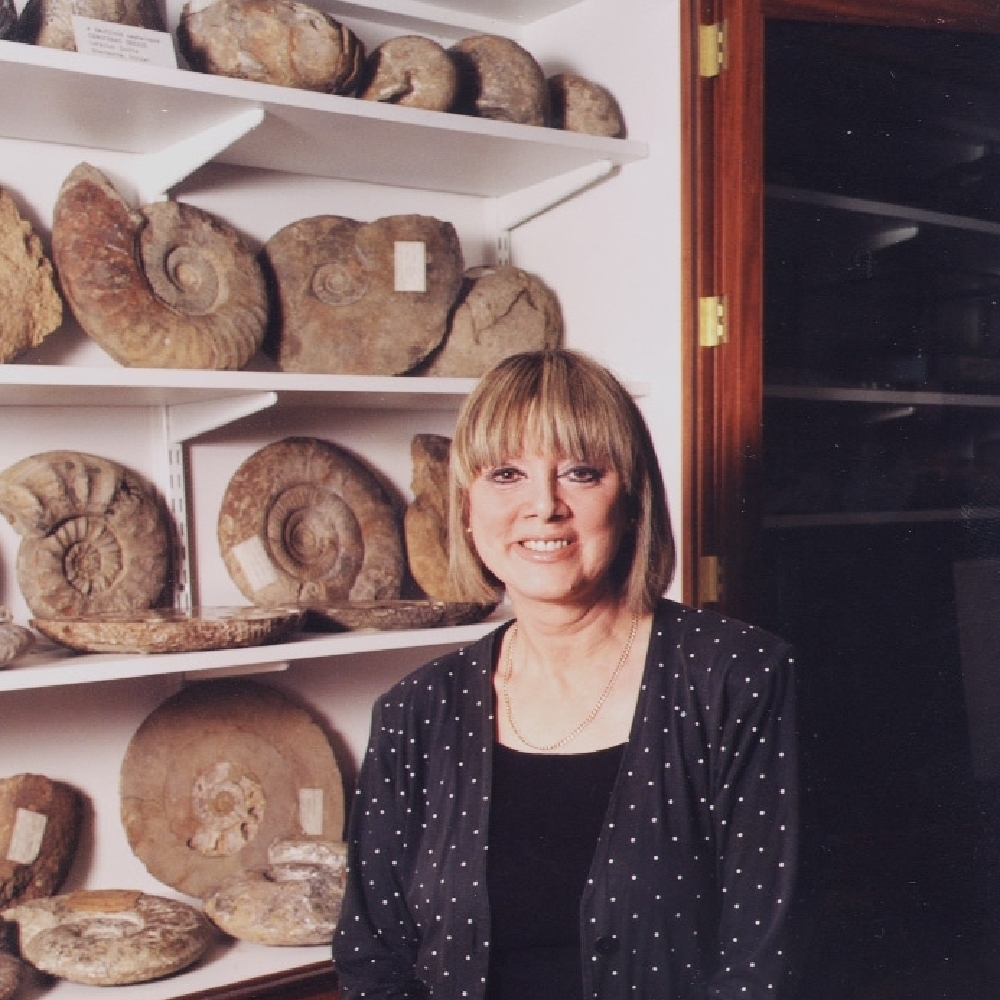
Jane Plant

Beat Cancer, I think it’s the greatest step forward in giving people a modern understanding of what cancer is, based on the latest findings of the scienceof epigenetics. Epigenetics means that we are not just stuck with good or bad genes. It is all about gene expression, so good genes can be switched on and off and so can bad genes such as cancer genes. It also tells you all the things that you can do to help yourself, to complement the conventional therapies your doctors can give you.
What is cancer for those who are unsure?
It’s when some of our cells flip back to having some of the characteristics that they had when we were an embryo so their gene expression is changed. One way of thinking of this is a caterpillar, pupa and butterfly: they all have exactly the same DNA sequence but obviously very different gene expression, so cancer cells occur when our cells have flipped back to a more primitive stage.
What are your ten steps for beating cancer?
Inform yourself about what cancer is.
Learn about the body’s need for inner balance.
Find the best cancer group who work as team.
Look into complementary treatments which are helpful.
Find the best possible diet based on sound science from the peer reviewed scientific literature.
Develop an exercise regime.
Learn to avoid harmful chemicals.
Learn to deal with stress.
Educate yourself on the broader political aspects of cancer.
Learn to stay on track.
Which complementary therapies can help?
I don’t think any of them can put cancer into remission but they can help you cope and deal with the side effects. The three crucial factors shown by doctors and scientists in America are diet, exercise regime, and stress management.
What sorts of foods exacerbate cancer?
In my view, and that of many distinguished doctors and scientists, too much animal produce in the diet, especially dairyproduce is a major factor in promoting cancer.ln the case of hormone driven cancers, such as breast cancer, dairy provides many hormones identical to our own, as well as growth factors also known to promote cancers.
Why is exercise so important?
Nobody really knows exactly, but one thing it will do is help to reduce levels of stress hormones such as cortisol. Also if you exercise outside, in green space, it will help your vitamin D levels and help reduce anxiety and depression.
Please can you tell us about each of your backgrounds and how your collaboration came about.
We’re both professors of science at Imperial College in London. I work on environmental chemistry, particularly chemicals that cause cancer, and also have had cancer myself several times, and developed a diet to help. Professor Djamgoz has been working separately on the electrical activity of cancer cells, especially in relation to metastasis, which is when cancer cells spread and is the most dangerous aspect of the disease. We were introduced to each other by a colleague and gradually found from our very different backgrounds that we had an identical approach to trying to beat cancer.
What are the three Ps?
Plastics (or more strictly plasticisers),pesticides (some of them) and perfumes(some of them).
What is next for you both?
In my case, it’s to recover from my latest bout of illness and then we hope to write another book together.
Beat Cancer: The 10 Step Plan to help you overcome and prevent cancer by Prof. Mustafa Djamgoz and Prof. Jane Plant is published by Vermilion on 5thJune 2014, price £14.99 paperback original.

